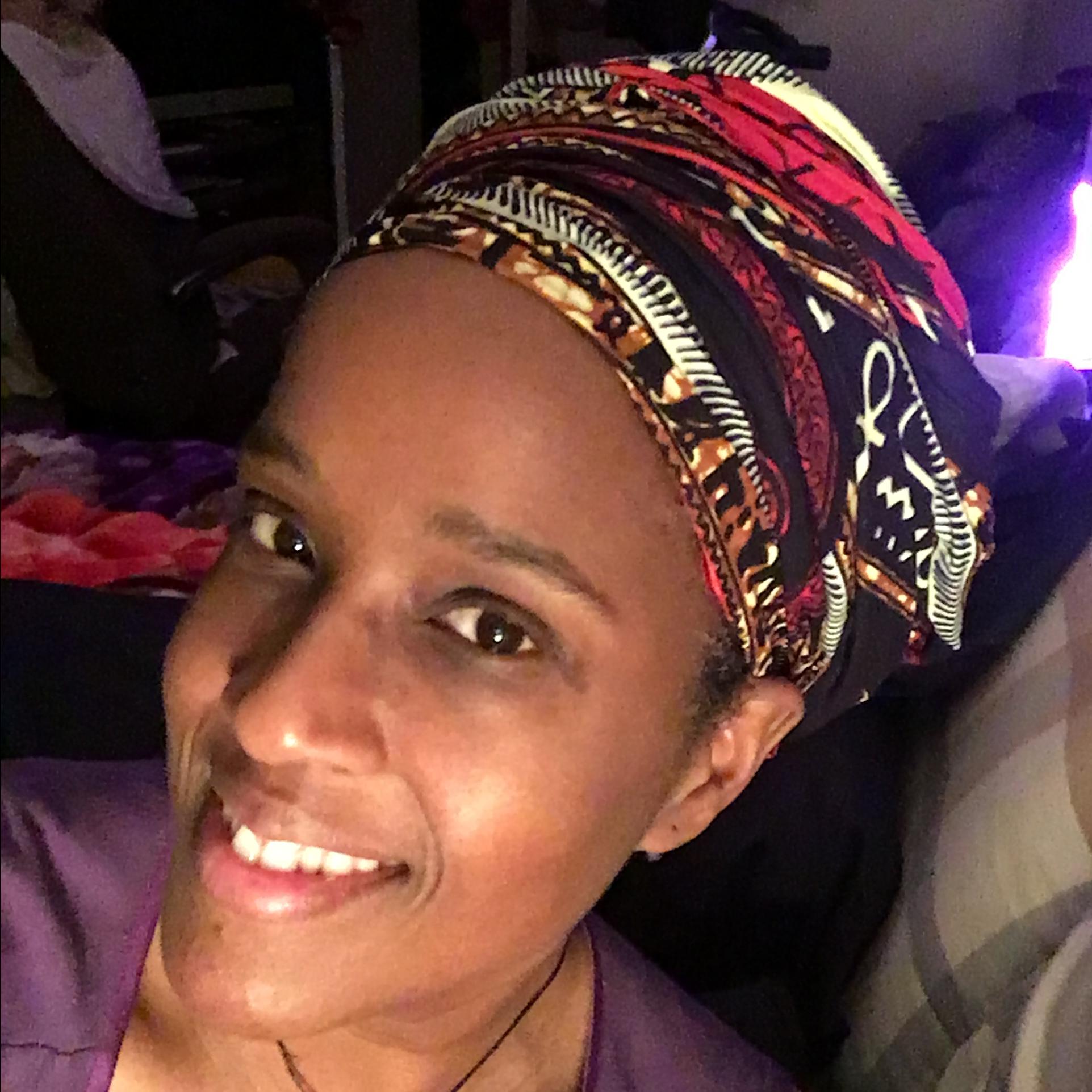Do you eat low fat post-op?
I am pre-surgery and haven't received my post-op diet guidelines yet but I've been looking at some sample meal plans and I've noticed that some call for low fat foods while others don't say to eat low fat at all. What were your instructions post-op? Is it more important to monitor your protein, carbs and calories than to count fat?
Thanks! ![]()
Staying within my calorie guidelines means I can't eat too much fat and still get all my protein in. But I don't typically seek out low fat foods. I make sure to have at least one meal a day with a minimum of 10 grams of fat and take my fat-soluble vitamins and multi-vitamin with it to maximize absorption. I do count fat grams but only because I want to make sure to have that one higher-fat meal each day.
No I don't eat low fat post op. Whenever there is a food that is low fat usually the carb count is higher & carbs especially refined carbs helped me to get to be smo & it usually stalls me out. I prefer full fat foods as opposed to low fat, it usually tastes better. However since I do eat full fat I have to watch the calorie count. I try to stay close to 800 but often am in between 800 & 1000.

No one surgery is better than the other, what works for one may not work for another.![]() T-Rebel
T-Rebel
I do not eat low fat. I try to make sure I get my protein and my water and vitamins. I like steak, ribeye. It isn't low fat. I put butter on the green beans and other green vegetables I eat. I don't eat breads and rice and such as I personally don't want to waste my calories on low nutrient foods.
I did not count grams of fat during my initial weight loss phase (and still don't). I counted protein, carbs and calories ONLY. I had protein and carb targets and calorie limits. I figured that as long as I made those goals daily, the fat would fall in line.
I don't really worry about fat all that much. I think fat needs to have a large place in our diets (healthy fats, of course). I notice that most of the time my calories break down to be 3/4 of the calories coming from protein and fat and about 1/4 from carbs. In the old days I think it was pretty much the reverse.
That said, am I one of these people that puts butter in my coffee? Uh, no! But a little half and half every so often, sure.
I took the same approach during my weight loss phase. Keeping calories as low as possible and packing in protein is a sure fire way to limit carbs and fat. I eat a lot more fat in maintenance because I have a lot more calories to 'play with' after meeting my protein requirements.
LINDA
Ht: 5'2" | HW 225, BMI 41.2 | CW 115, BMI 21.0
My nutritionist advocates low fat/higher carb, but higher carbs and me don't get along, so she's been helping me continue my VLC/quasi-ketogenic diet. I eat protein first no matter what and don't worry about fat; as others have mentioned, that leaves no room for carbs or more fatty stuff, honestly. I don't eat as much fat as I did when on a more strict ketogenic diet, but I also don't worry about it. Since I still have a protein shake, that helps me get 30g or so of protein up front, so I can fit fattier meats in later. Protein is important post-op to avoid the loss of lean muscle mass on our very low-calorie plans.
I think many advocate a low fat/high protein diet because it avoids many of the trigger weight gain foods like cake, cookies, deep-fried stuff, etc. However, I'd argue there's a huge difference between a high fat/high carb food (fried chicken) and a high protein/high fat/low carb one (plain ribeye steak). The former is addictive and unhealthy, and the latter is non-addictive and satiety-inducing.
I follow a ketogenic diet post-op. I also have a diagnosis of binge eating disorder. Feel free to ask me about either!
It is not that we have so little time but that we lose so much...the life we receive is not short but we make it so; we are not ill provided but use what we have wastefully. -- Seneca, On the Shortness of Life








